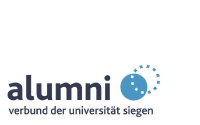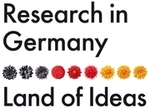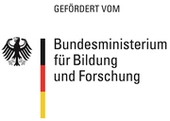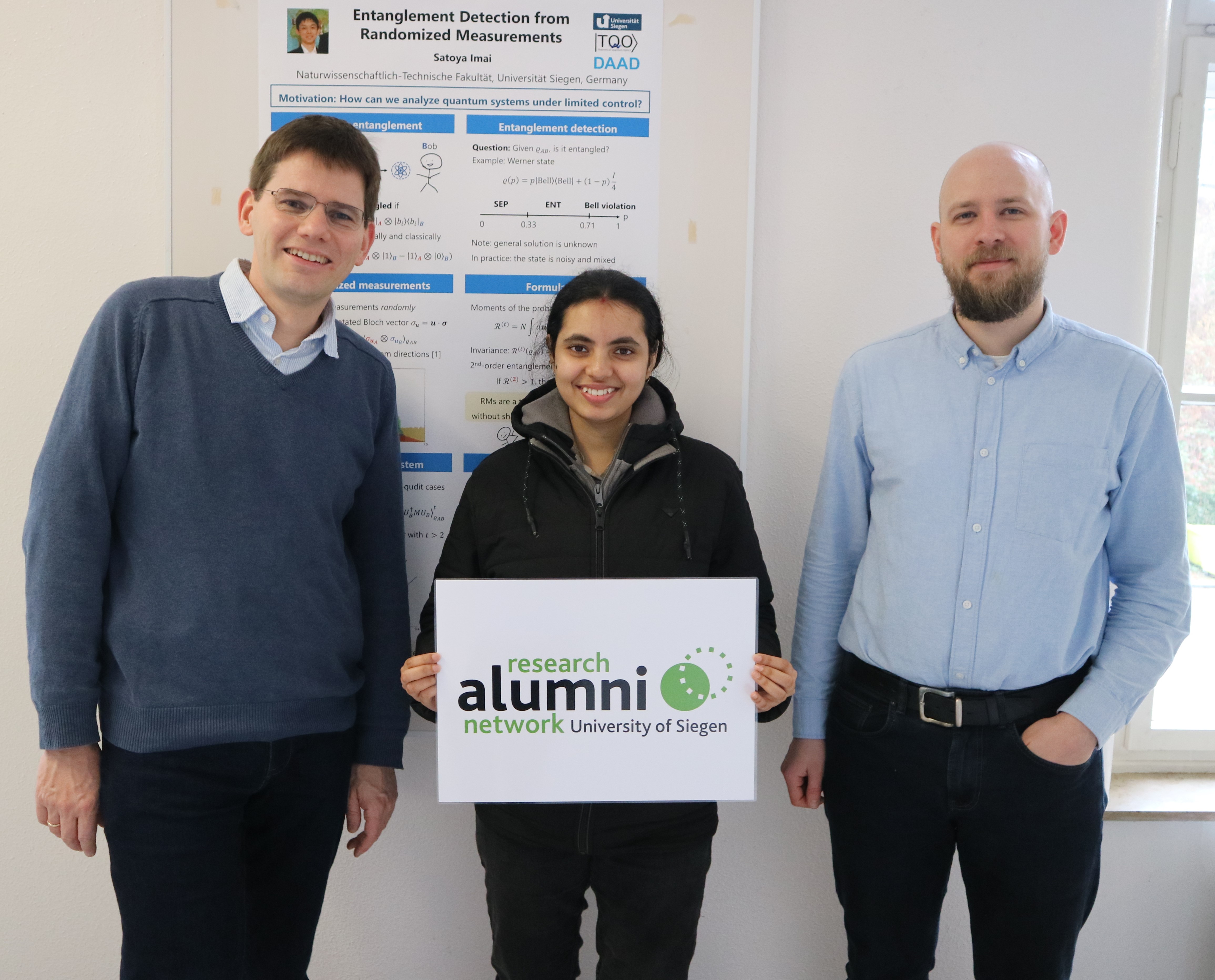- Alexander von Humbold-Stiftung prämiert Konzept zur Vernetzung der Forscher-Alumni
- Forscher-Alumni im "Querschnitt 5/2016"
- Forscher-Alumni im "Querschnitt 4/2017"
- Forscher-Alumni im "Querschnitt 1/2018"
- Forscher-Alumni im "Querschnitt 2/2018"
- Forscher-Alumni im "Querschnitt 3/2018"
- Forscher-Alumni im "Querschnitt 1/2019"
- Forscher-Alumni im "Querschnitt 2/2019"
- Forscher-Alumni im "Querschnitt 3/2019"
- Forscher-Alumni im "Querschnitt 1/2020"
- Forscher-Alumni im "Querschnitt 2/2020"
Dr. Ahana Ghoshal - Dr. Martin Plávala - Prof. Dr. Otfried Gühne
Quantum physics: An intricate matter and straightforward methods
The young international researchers Dr Ahana Ghoshal from India and Dr Martin Plávala from Slovakia are part of Prof Gühne´s research team. The team explores the impact of thermal environments on quantum systems, isolating them to reveal crucial differences between closed and open system dynamics, essential for applications like quantum computing, using simple tools to communicate complex physics concepts built upon century-old foundations.
Professor Gühne and his team of researchers are engaged in quantum information studies, with thermodynamics playing an essential role. When a system interfaces with a thermal environment, its evolution is influenced by this interaction. However, comprehending the system in isolation proves challenging due to its entanglement with the environment. Thus, a method emerges to focus solely on the system itself, abstracting away the complexities of its environmental entwinement while retaining awareness of the environment's impact.
Observing the system's response to environmental stimuli reveals discrepancies between the evolution of closed and open systems. The closest approximation to isolated evolution, though not naturally feasible due to practical constraints, illuminates the essence of open system dynamics. This approach finds myriad applications owing to the diverse effects various environments exert on systems and their states. Fundamentally, thermodynamics bridges classical understanding with quantum systems, elucidating the transformation of classical laws in the quantum realm.
The research team's specific focus lies in quantum information processing, exploring how quantum mechanics can enhance information handling. Quantum computing stands out as a notable application, yet verifying its quantum nature remains paramount. Demonstrating quantum phenomena, such as entanglement, forms the crux of their endeavors, distinguishing quantum computing from a classic pocket calculator.
In this context, Dr Ghoshal focuses on identifying specific forms of quantum properties relevant to determine thermodynamical quantities and their usefulness in open quantum dynamics. By leveraging the advantages offered by these quantum properties, her goal is to enhance the efficiencies of quantum thermal devices. Dr Plávala's research topic is focused on characterizing quantum phenomena in current-day experimental apparatuses and future quantum networks. To do so, he uses novel mathematical methods, but also classical computers to solve optimization problems and perform computer simulations of the experiments.
In the realm of physics, experimentation and theory reign supreme. Professor Gühne's team primarily engages in theoretical pursuits, wielding pencil and paper alongside empirical evidence to advance understanding. Despite the simplicity of their tools, conveying the intricacies of physics poses a formidable challenge, given its abstract nature. Oversimplification risks distorting nuanced concepts, underscoring the importance of precise communication. The Scientists are therefore working on highly complex subjects, but the working materials are often simple and the foundations of quantum theory were laid over 100 years ago.
Origins of Collaborative Research
Dr Plávala’s introduction to Professor Gühne at a conference served as the catalyst for their collaboration. Amidst a sea of esteemed professors, engaging with postdocs offered a unique opportunity, ultimately leading Dr Plávala to join Professor Gühne´s team. This fortuitous encounter underscores the significance of personal connections in fostering collaborative research. Meanwhile, Dr Ghoshal´s admiration for Professor Gühne's work during her doctoral studies culminated in a postdoctoral position after a visit to the University of Siegen. Dr Ghoshal originally comes from the Harish Chandra Research Institute (HRI) in Prayagraj (Allahabad), an institution dedicated to research in mathematics and theoretical physics. Dr Plávala was already a postdoctoral researcher at the Slovak Academy of Sciences in Bratislava before joining the research group at the University of Siegen.
Fostering Talents
Both postdocs, recipients of the Humboldt Fellowship, embarked on different paths to academic recognition. Dr Plávala successfully followed the traditional application route, while Dr Ghoshal endorsement by Professor Gühne secured her the Henriette Herz Fellowship, designed to empower female researchers with diverse backgrounds. Professor Gühne´s involvement in the program underlines his commitment to fostering talent, enabling future scholars to benefit from similar opportunities.
Research Environment in Siegen
The University of Siegen emerges as a fortunate place for research, fostering a vibrant academic culture that promotes collaboration and discourse. Dr Ghoshal commends the supportive research community and the conducive atmosphere for scholarly exchange, which improved her transition to a new country. Dr Plávala echoes this sentiment, highlighting Germany's welcoming research landscape and sufficient funding opportunities, including Humboldt sponsorship, facilitating international engagement and conference participation. These factors enlighten their respective career aspirations, with Dr Plávala aspiring for a permanent position in Germany and Dr Ghoshal aiming to contribute her expertise to her home country India.
This article is based on an interview conducted and authored by Antonia Blumberg.






